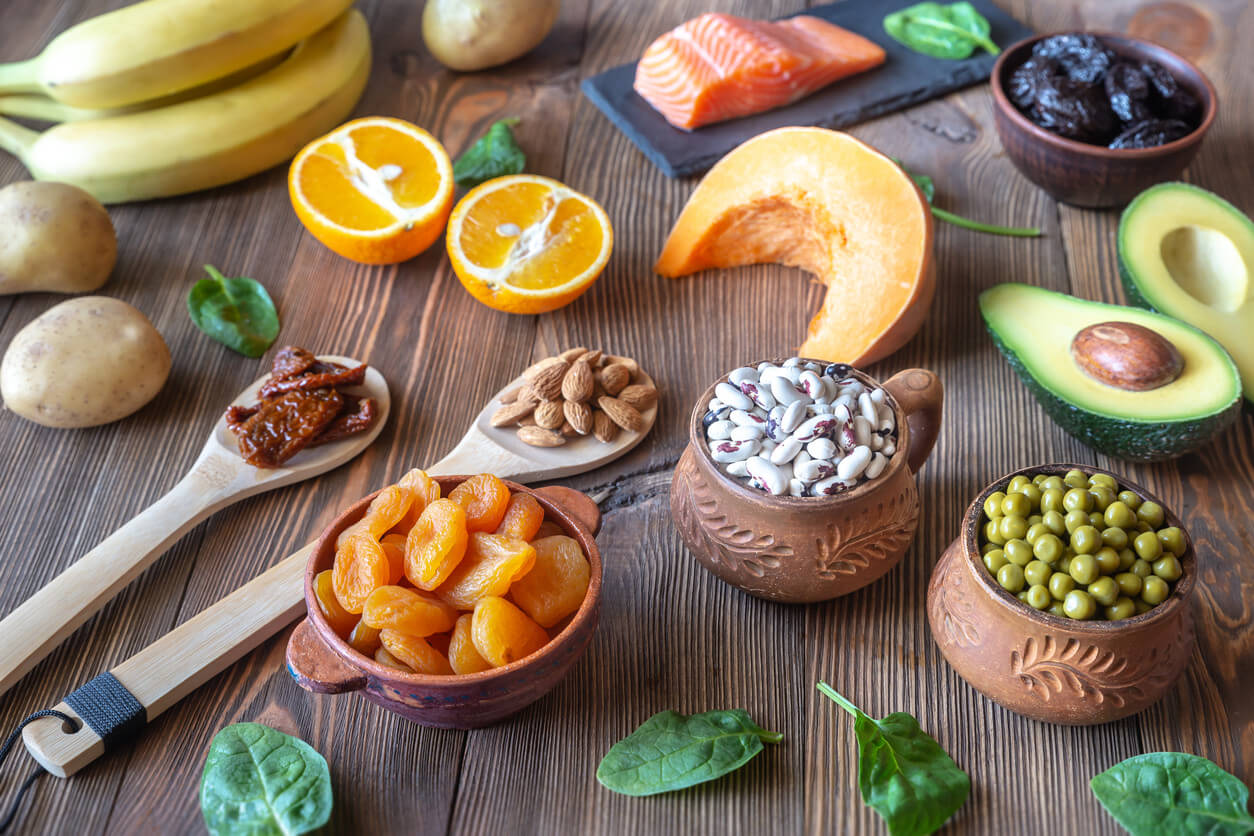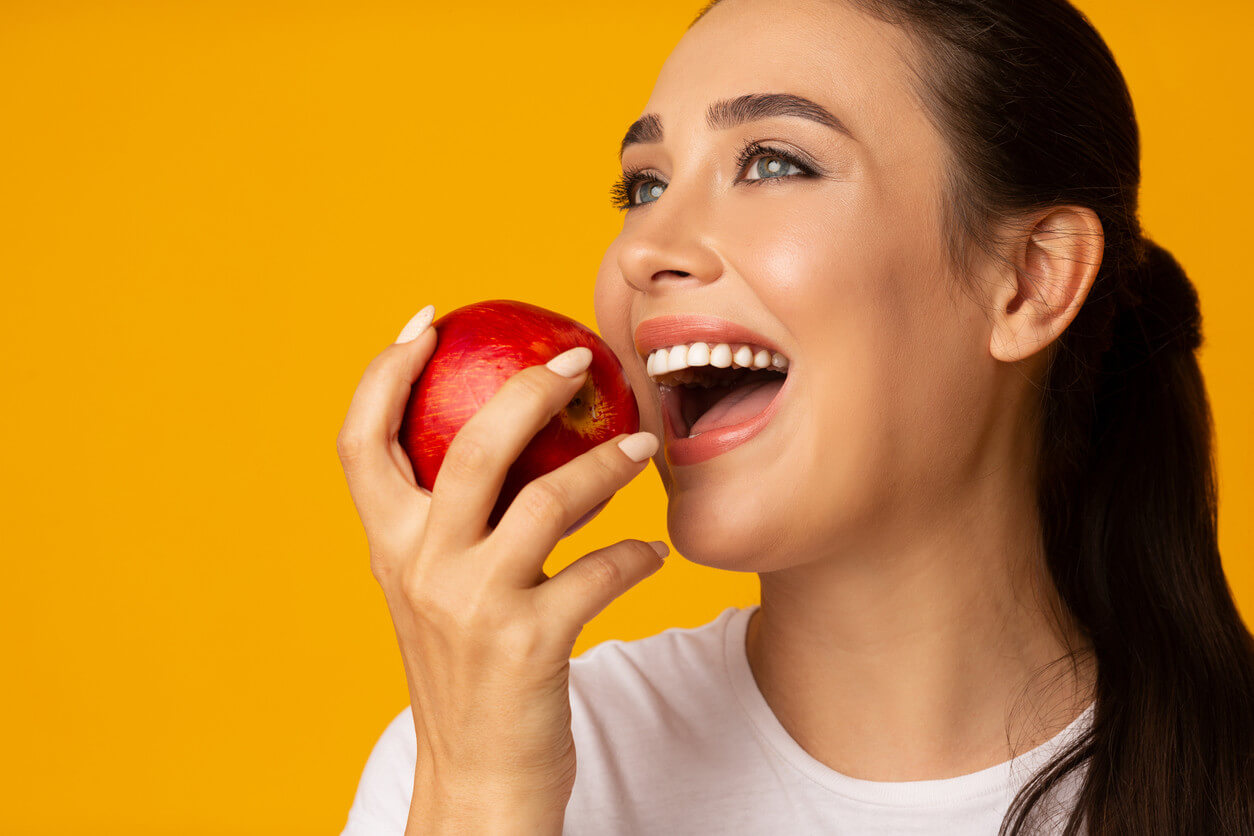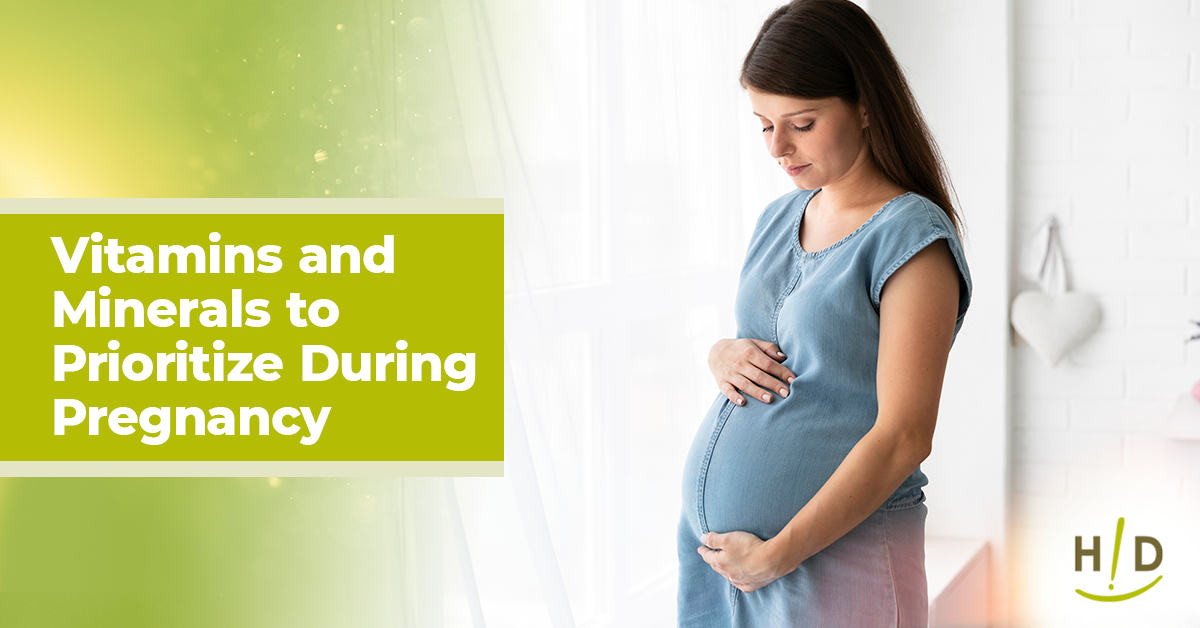Foods Full of Electrolytes
Much like the battery in a car or the electricity that powers our home, the minerals in our blood and other body fluids stimulate voltages that carry electrical impulses. Our nerve impulses and muscle contractions are thanks in part to electrical energy that keeps our bodies and organs functioning properly. It is electrolytes that help maintain the performance of our digestive, nervous, cardiac, and muscular systems.
So what happens if we aren't getting enough electrolytes in our diet? How do we know? Some of the signs that your electrolytes may be too low are:
- Dizziness
- Twitching
- Weakness
- Muscle cramping
- Irregular heartbeat
- Mental fog or confusion
The most common sign most people encounter is muscle cramping which can turn out to be extremely painful and debilitating. So we must eat foods rich in electrolytes to keep our bodies functioning at optimum.
What Can Cause an Electrolyte Imbalance?
There may be many reasons a body is experiencing an electrolyte imbalance; a few of them include:
- Kidney disease
- Not replenishing electrolytes or drinking enough water after exercise
- Prolonged periods of vomiting or diarrhea
- Poor diet
- Severe dehydration
- Imbalance of acid-base, or proportion of acids and alkalis in the body
- Congestive heart failure
- Cancer treatments
- Certain medications, such as diuretics
- Bulimia
- Age, as the kidneys of older adults, become less efficient over time
But What Is An Electrolyte?
An electrolyte is a substance that conducts electricity when it is dissolved in water. They are crucial to a number of our body's functions. Every human being needs electrolytes to survive as many of the automatic processes in the body rely on those uninterrupted electronic currents to function. It is the electrolyte that provides this vital charge. Electrolytes constantly interact with one another as well as your cells and tissues, nerves, and muscles. This is why a proper balance of electrolytes is an essential part of our diet for healthy body functions.
Electrolytes also hydrate the body, balance blood acidity and pressure, and help rebuild damaged tissues. The electrolytes that can be found within our bodies include:
- Bicarbonate
- Calcium
- Chloride
- Phosphate
- Potassium
- Sodium
- Magnesium
For an example of how electrolytes work with one another, a muscle needs calcium, sodium, and potassium to contract. If these substances are unbalanced, it may lead to muscle weakness or excessive contraction, known as muscle cramps. Your heart, muscles, and nerve cells all use electrolytes to carry electrical impulses to other cells.
Foods Full of Electrolytes for Replenishment
Luckily, there are many healthful foods that we can eat within our diets that can help keep our body's electrolytes in balance. Some of the most potent foods to add to your diet for the optimal electrolytes are:
Leafy Green Vegetables
Greens like spinach, kale, collard greens, turnip greens, arugula, bok choy or Chinese cabbage, okra, and broccoli are all vegetables high in calcium and magnesium. If you experience frequent Charlie horses or muscle cramps, it may result from too little calcium or too little magnesium in your diet. Calcium ensures the growth and strength of teeth, bones, and nerve conduction. It's also essential for hormone secretion as well as enzymes. Magnesium helps our muscles relax, our nerves be calm and prevents too much calcium from entering our cells for optimal cardiovascular health.
Potassium Rich Vegetables
Vegetables such as spinach, broccoli, artichokes, avocados, beets, beet greens, Brussel sprouts, potatoes, sweet potatoes, mushrooms, peas, cucumbers, zucchinis, and pumpkins are high in potassium. Potassium is another essential electrolyte needed for nerves to function, muscles to contract, and helps regulate heartbeat. It is also a component that helps move nutrients into cells and waste products out of your cells. A diet rich in potassium also assists in offsetting some of sodium's harmful side effects on blood pressure.
Fruits High in Electrolytes
Some of the fruits that are high in electrolytes include watermelon, pomegranates, oranges, tart cherries, bananas, strawberries, mangos, lemons, dried apricots, prunes, and raisins are all excellent sources to add to your diet.
More Sources for Electrolytes
- Nuts and seeds. Coconut water, hemp seeds, dry roasted pistachios, squash and pumpkin seed, flax seeds, dry roasted hazelnuts, almonds, and Brazil nuts, for example, all have potassium. While they may not have as much potassium as certain fruits or vegetables, they can still be a good source of potassium, magnesium, and nuts like cashews containing a moderate amount of phosphorous.
- Beans and Lentils. Kidney beans, soybeans, tofu (made from soybeans), and lentils contain magnesium, potassium, and phosphorous. Additionally, depending on the manufacturer of your tofu, it may also contain calcium sulfate.
- Unrefined sea salt is also a great source of sodium and chloride. But, be careful of foods that contain refined table salt.
- Organic breakfast cereals. Depending on the cereal, it may be fortified with calcium. It's always best to take a quick look at the label to ensure. Other cereals that are wheat or oat-based contain magnesium. Be sure all grain foods are from organic grains so you avoid the herbicides used on most commercial grains.
- You can make an excellent sports drink by blending one or two bananas (or other fruit) and a stalk of celery in a quart of distilled or RO water.
For your nerves, muscles, and other bodily processes to function as optimal as possible, foods full of electrolytes are essential minerals to add to our everyday diet. With these foods added to your meals or snaked, most people should be able to maintain a healthy electrolyte balance while drinking enough fluids or recovering after exercise. If you are concerned about your electrolyte levels, make sure to add these delicious, nutrition-packed foods to your meal plans!







2 comments
Patricia VH
Thank you for letting me know what foods have Electrolyte!
Thank you for letting me know what foods have Electrolyte!
sylvia
that was an excellent article and i appreciate the information. you make the articles pack full of solid truth and facts, show us foods that can enrich our diets instead of having to buy supplements, and you make the article easy to read and brief. so many health articles are so long and the first 3/4 of the articles are just idle talk before getting to the main point. but your articles are all about the main points.
that was an excellent article and i appreciate the information. you make the articles pack full of solid truth and facts, show us foods that can enrich our diets instead of having to buy supplements, and you make the article easy to read and brief. so many health articles are so long and the first 3/4 of the articles are just idle talk before getting to the main point. but your articles are all about the main points.